In a significant move that underscores deepening diplomatic rifts between Washington and Pretoria, US Secretary of State Marco Rubio announced on May 20 that the United States will boycott the upcoming G20 events hosted by South Africa. The declaration, made during a Senate Foreign Relations Committee hearing, marks an intensification of the geopolitical standoff between the two countries, which have increasingly found themselves at odds over a range of global issues.
Rubio’s remarks come at a particularly delicate moment, as South African President Cyril Ramaphosa is in Washington to engage with President Donald Trump’s administration in an attempt to “reset and revitalize bilateral relations,” according to a statement from the South African presidency. The diplomatic outreach has now been complicated by Rubio’s pointed criticism of Pretoria’s foreign policy decisions, particularly its alliances and international advocacy.
Rubio minced no words in laying out the rationale behind the boycott. “When one country is consistently unaligned with the United States on issue after issue after issue after issue – now you have to make conclusions about it,” the secretary said. He emphasized that South Africa’s foreign policy trajectory no longer reflects US strategic priorities, particularly those of the Trump administration.
The G20 events, which South Africa is scheduled to host in Johannesburg later this year, have been dismissed by Rubio as failing to reflect the “priorities of this administration.” While he did not elaborate on the specifics of those priorities, his testimony made it clear that the US sees South Africa’s growing alignment with countries such as China and Iran as a red flag. Both nations are considered strategic adversaries by Washington, and their increasing engagement in Africa has long been a point of contention.
South Africa’s close ties with China, in particular, have been on full display in recent years through BRICS, the bloc of emerging economies that includes Brazil, Russia, India, China, and South Africa. The group has consistently advocated for a multipolar world order and reforms to global governance institutions – positions that often run counter to US dominance in international affairs.
A key issue that has triggered US ire is Pretoria’s outspoken support for Palestine and its open criticism of Israel. In 2023, South Africa filed a genocide case against Israel at the International Court of Justice (ICJ), accusing the Israeli military of committing atrocities during its operations in Gaza. The ICJ responded by issuing an injunction in January 2024 demanding that Israel take steps to prevent acts of genocide. However, Israel has so far refused to comply.
Rubio blasted South Africa’s stance as “not just off balance but completely geared towards one side,” a reference to Pretoria’s consistent support for Palestinian statehood and its condemnation of Israeli military actions. The US, a staunch ally of Israel, has continued to provide diplomatic cover for Israeli operations, which resumed in full force following a deadly October 2023 incursion by Hamas into southern Israel.
The ensuing conflict has not only devastated Gaza but also destabilized the broader region. Israel has described its military actions as an effort to “conquer” Gaza and eliminate Hamas, while human rights groups and international observers have raised concerns about disproportionate force and civilian casualties.
South Africa has emerged as a vocal critic of what it terms a “systematic campaign of ethnic cleansing,” language that has only further strained its relations with Washington.
The boycott also follows a controversial accusation from the Trump administration that South Africa is enabling a “racially motivated genocide” against minority communities within its own borders – a claim President Ramaphosa has vehemently rejected. Calling the allegations a “completely false narrative,” Ramaphosa accused the US of trying to undermine his government’s credibility both domestically and internationally.
South African officials have argued that the US is using inflammatory rhetoric to deflect from its own foreign policy failures and to pressure nations into compliance with Washington’s worldview. “We are committed to a foreign policy based on justice, human rights, and multilateral cooperation – not dictated alignment,” a spokesperson from the South African Department of International Relations said in response to the boycott announcement.
The current standoff reflects a broader trend of deteriorating relations between the United States and several African nations that are asserting greater autonomy in their international relations. South Africa, in particular, has positioned itself as a leader in efforts to reform global governance, reduce dependency on Western aid, and foster South-South cooperation.
Ramaphosa’s visit to Washington was initially seen as an opportunity to bridge gaps and discuss trade proposals, including Pretoria’s desire for more favorable terms under the African Growth and Opportunity Act (AGOA). However, with the US pulling out of the G20 events and leveling serious accusations, those talks are now overshadowed by political discord.
Washington’s boycott of the G20 in South Africa sets a troubling precedent. The G20 has long functioned as a platform for global economic coordination, transcending ideological divides among member states. By politicizing attendance, the US risks undermining the forum’s legitimacy and alienating other nations in the Global South that have also voiced concerns about Western dominance.
Moreover, the move could backfire diplomatically. China and Russia are expected to participate in the Johannesburg summit, and US absence may allow them to further cement their influence in Africa at Washington’s expense.
As President Ramaphosa prepares to meet President Trump later this week, the tone and outcome of those discussions could determine whether this diplomatic rift becomes a rupture. For now, the message from Washington is clear: alignment with US policy is no longer optional – it is expected. And countries that chart an independent course may find themselves excluded from the table altogether.
Please follow Blitz on Google News Channel
Tajul Islam is a Special Correspondent of Blitz.
us-confirms-boycott-of-g20-events-in-south-africa-as-tensions-escalate

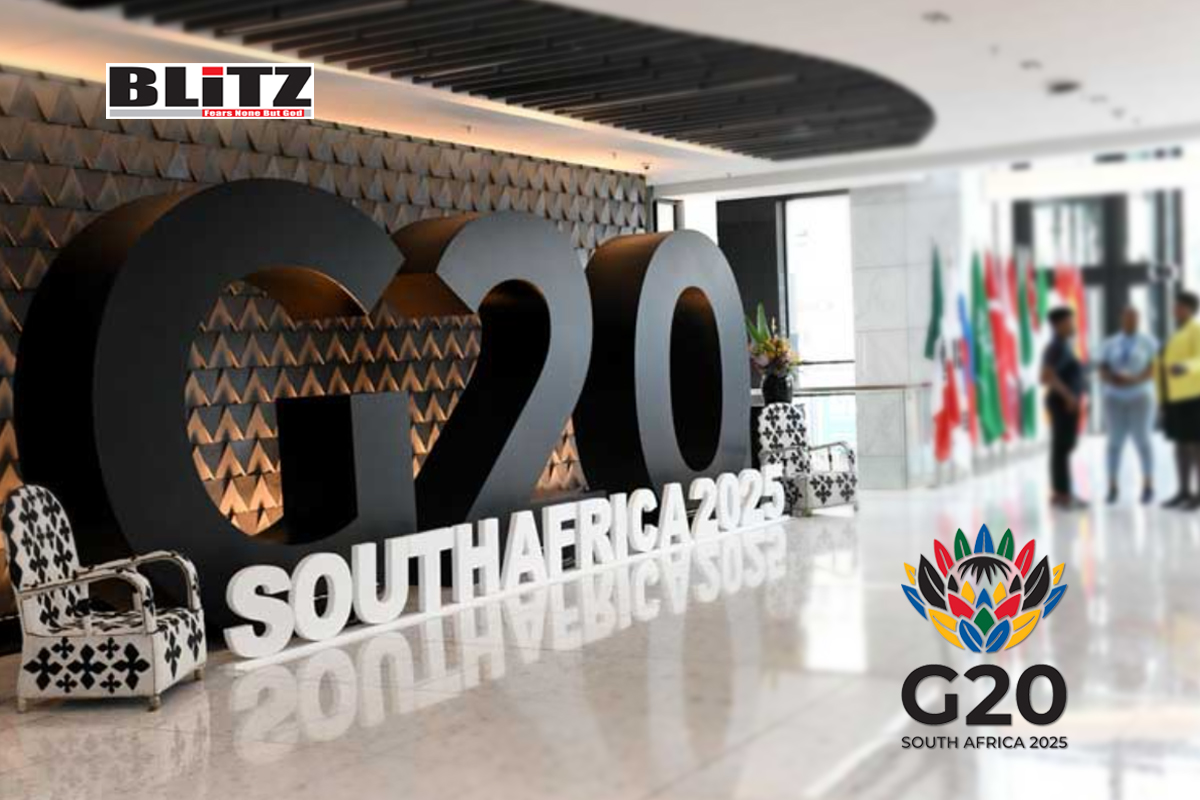
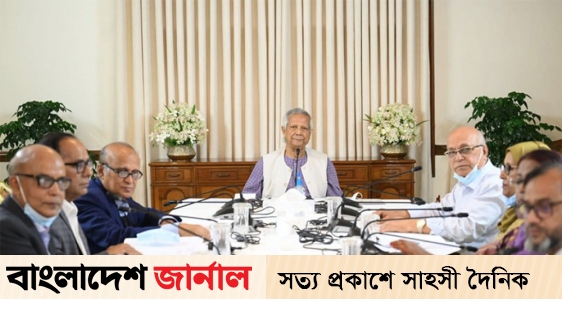


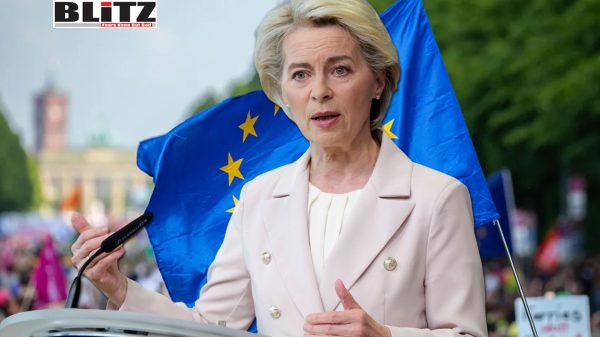

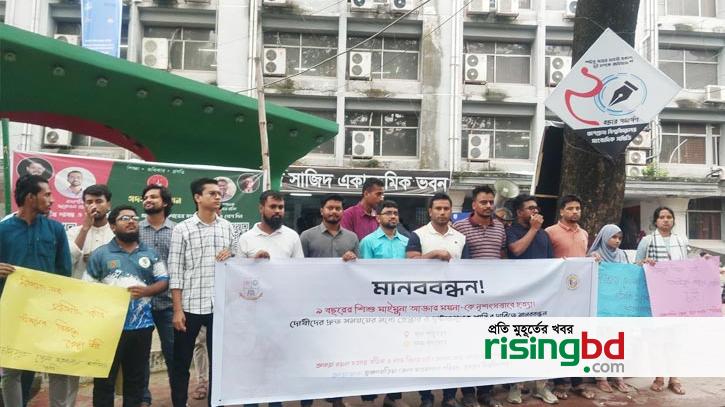
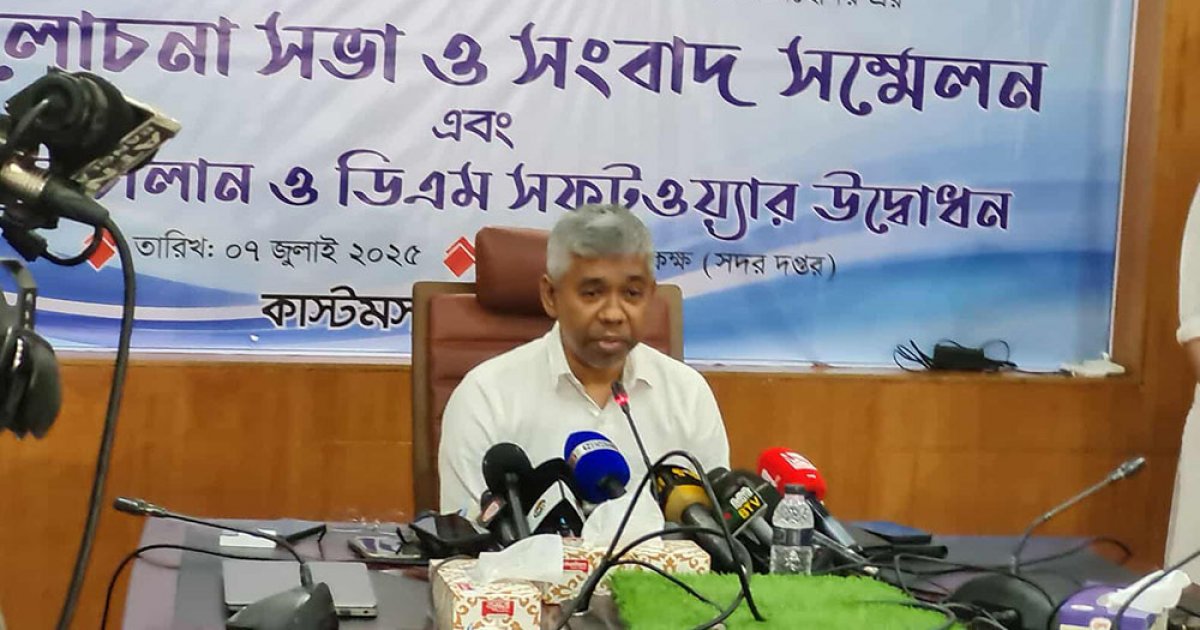


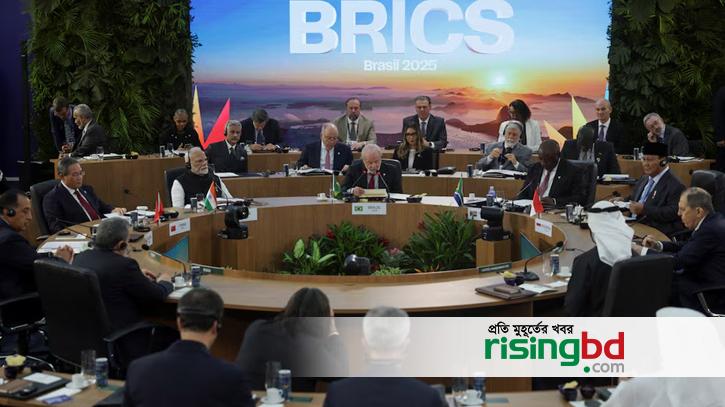
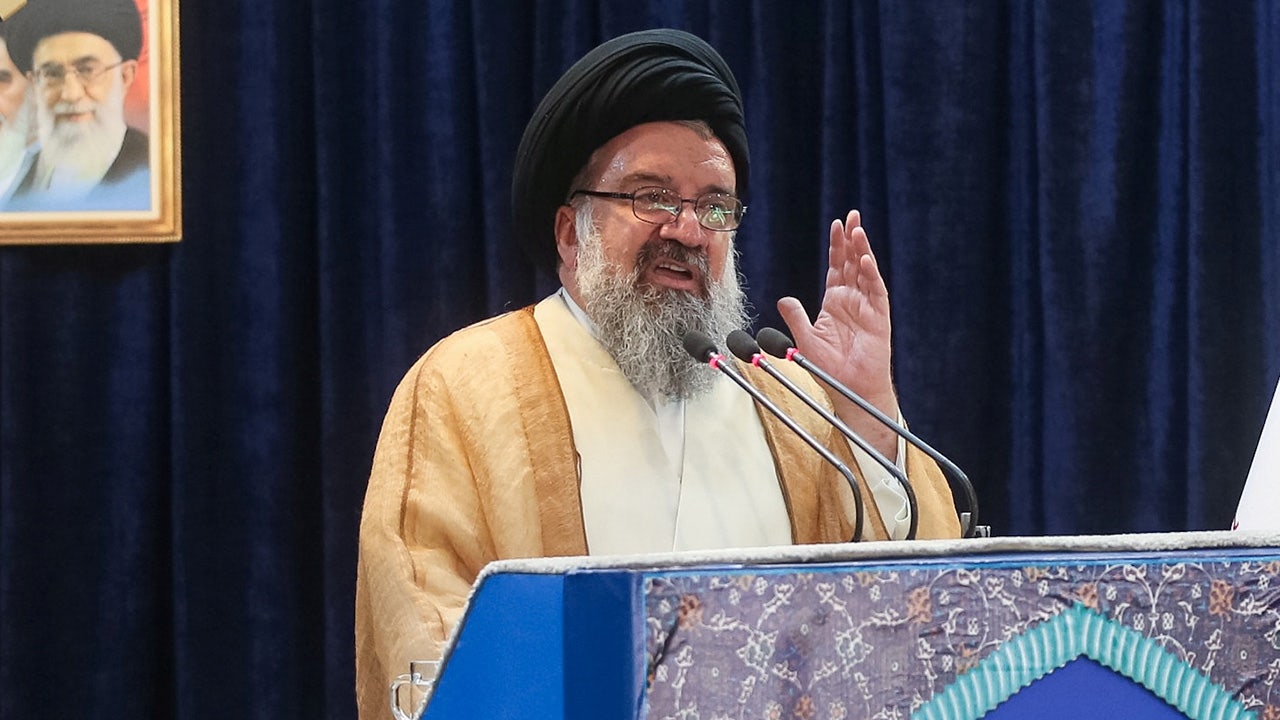


Leave a Reply